
A little while ago we gave you the opportunity to ask Wolfgang Hatz – a member of Porsche AG’s Board of Management in charge of Research and Development – anything you wanted to. As far as Ask The Expert call for questions go, this one was particularly popular, but that’s understandable given Wolfgang’s impressive resume.

Along with many other high-profile roles he was BMW Motorsport’s Project Manager for the development of the E30 M3′s iconic S14 engine, Head of Development Formula 1 at Porsche AG Weissach, and most recently, the man who oversaw Porsche’s return to the 24 Hours of Le Mans with the LMP1 class 919 Hybrid.
Without further ado, here’s a selection of your questions as chosen and answered by Wolfgang…

What was your first car?
Wolfgang Hatz: VW Käfer.

What is your all time favorite car (Porsche or otherwise) and why?
Wolfgang Hatz: 911 Carrera RS 3.8 (964) – because I developed it.

What challenges did you have when proposing a Return to Le Mans, given that Porsche is part of the VW Group and probably already had a large budget allocated to Le Mans with Audi.
Wolfgang Hatz: We, Audi and Porsche are both members of the Volkswagen group, but on the track we are strong competitors. The new WEC regulations allow us to start with drive trains which are totally different from each other. Audi, for instance, stick to the 2-Megajoule class, but we are starting in the 6-Megajoule class. So each company is looking for it´s own way to win, that is really important. Only this kind of competition makes sense and only in this way road car development can benefit from top level racing.
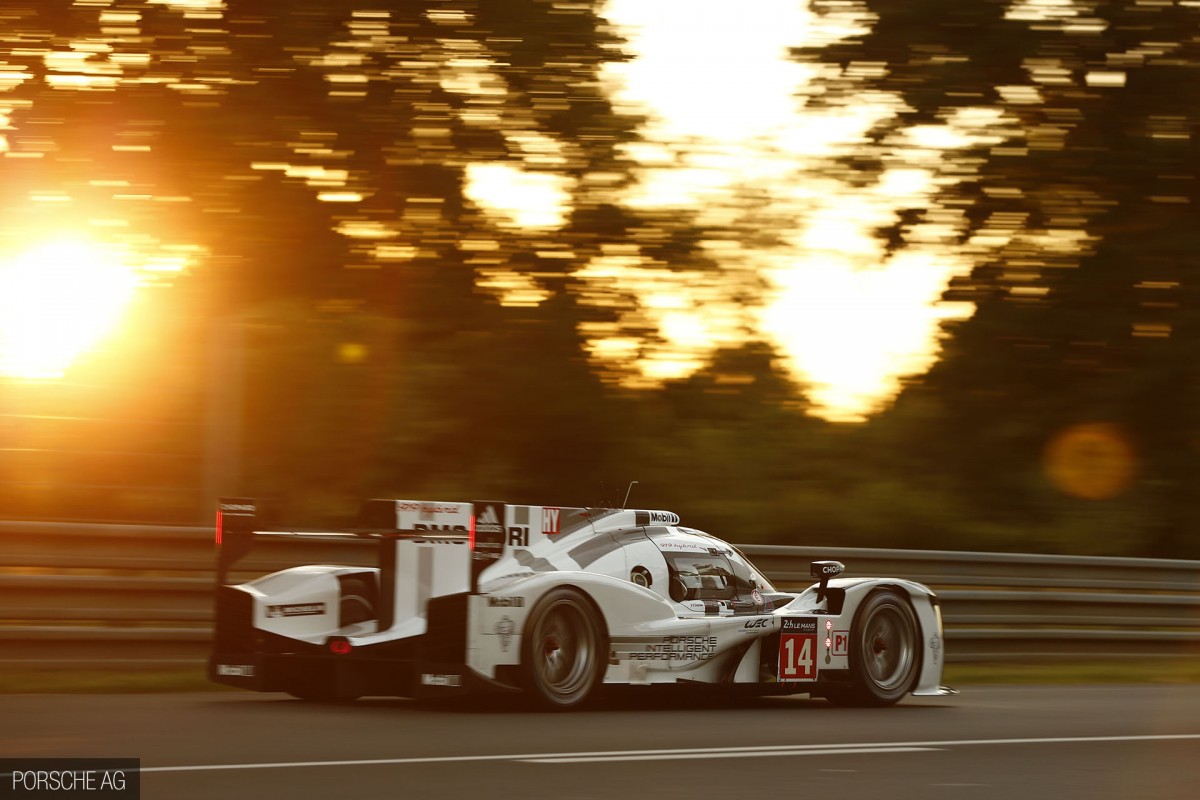
As the leader of Research and Development and member of board of management Porsche, how did you find time to work on the Porsche 919 project? How do you prevent over-committing yourself with so much responsibility?
Wolfgang Hatz: The 919 project is very strategic for our company. But for me personally a huge positive motivation.
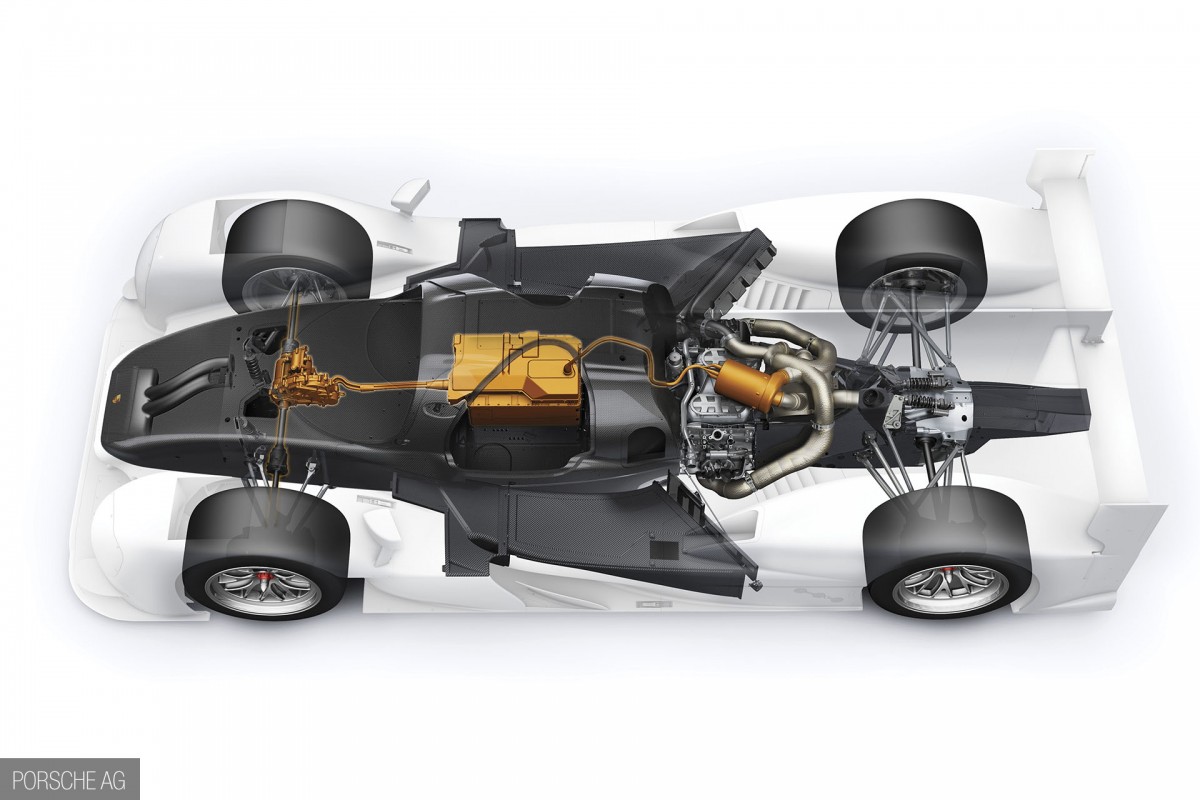
What were the biggest challenges and benefits (from a technical or logistical prospective) of returning to a class that has progressed so much since 1999. How long has the 919 been in development?
Wolfgang Hatz: Maximum efficiency in energy consumption is the directive of the new WEC regulations for the works-entered class 1 prototypes – and that is also the direction for the automobile future. The vehicle name 919 hybrid follows on from the tradition of the Le Mans-winning 917, but it is also with a view to the 918 Spyder, and acknowledges the company’s embarkation into the hybrid future. With the launch of the Cayenne Plug-in Hybrid this autumn Porsche will be the only manufacturer with the three Plug-in Hybrid models. Currently, almost ten percent of all Panameras sold are Plug-in Hybrids. But to continue leading the way in the future and to merge sportiness with sustainability, we need to keep learning. Learning by racing has a strong and beneficial tradition at Porsche. And at the end our customer will benefit from this. We started the 919 Hybrid project in 2011 with the announcement on 30th June, the first roll-out in Weissach was on 12th June 2013. Till Le Mans we did over 37,000 kilometre of testing. That was a proper race in its own right.
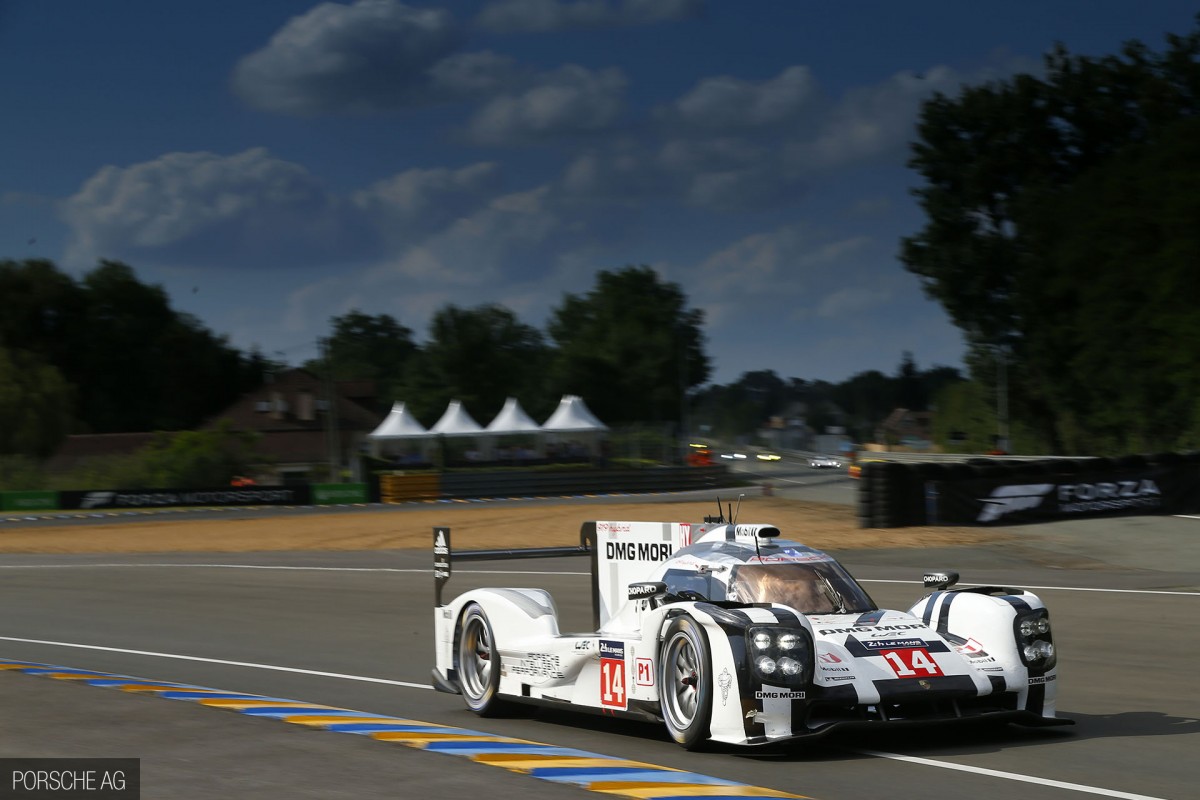
Regarding the 919, did Porsche have the engineering and testing resources or were any critical aspects outsourced?
Wolfgang Hatz: It was all done inhouse, except wind tunnel testing. The 919 Hybrid is our fastest mobile research laboratory, and the most complex race car that Porsche has ever built. This makes it mandatory to do virtually everything inhouse. Otherwise, technology transfer to road cars would be a lot more complicated and expensive. The LMP1 team consists of 230 employees, including well over 100 engineers. We have chosen them with care. Long-term Porsche employees have contributed with their huge racing experience, as well as with their knowledge of the company and the brand. But we have also recruited several specialists from outside the company for their current expertise in top-level motorsport. This is one reason why Weissach will remain Porsche’s famous think tank for all kinds of sports and race car development in the future.

Was it always your intention to use a V4 engine for the 919 Project? Porsche’s boxer layout is iconic – is this V-4 turbo in the 919 the future with road Porsche models, such as the 911 family?
Wolfgang Hatz: The decision for the V4 was based on the individual requirements of the LMP1 hybrid system. But basically downsized turbo engines are part of future sportscar technology. But it does not have to be a V4 engine. Despite the fact that Boxer engines are iconic for Porsche they have never been a dogma. The only dogma we have is the best technical solution.
The Future
What do you believe will be the next big race car technology that will to be applied to road cars?
Wolfgang Hatz: Have a look at the 918 Spyder super sportscar and you can see the answer. It will this kind of plug-in hybrid technology that support or better boost both, performance and efficiency. Next in line could be exhaust energy recuperation but do not expect this to happen any time soon.
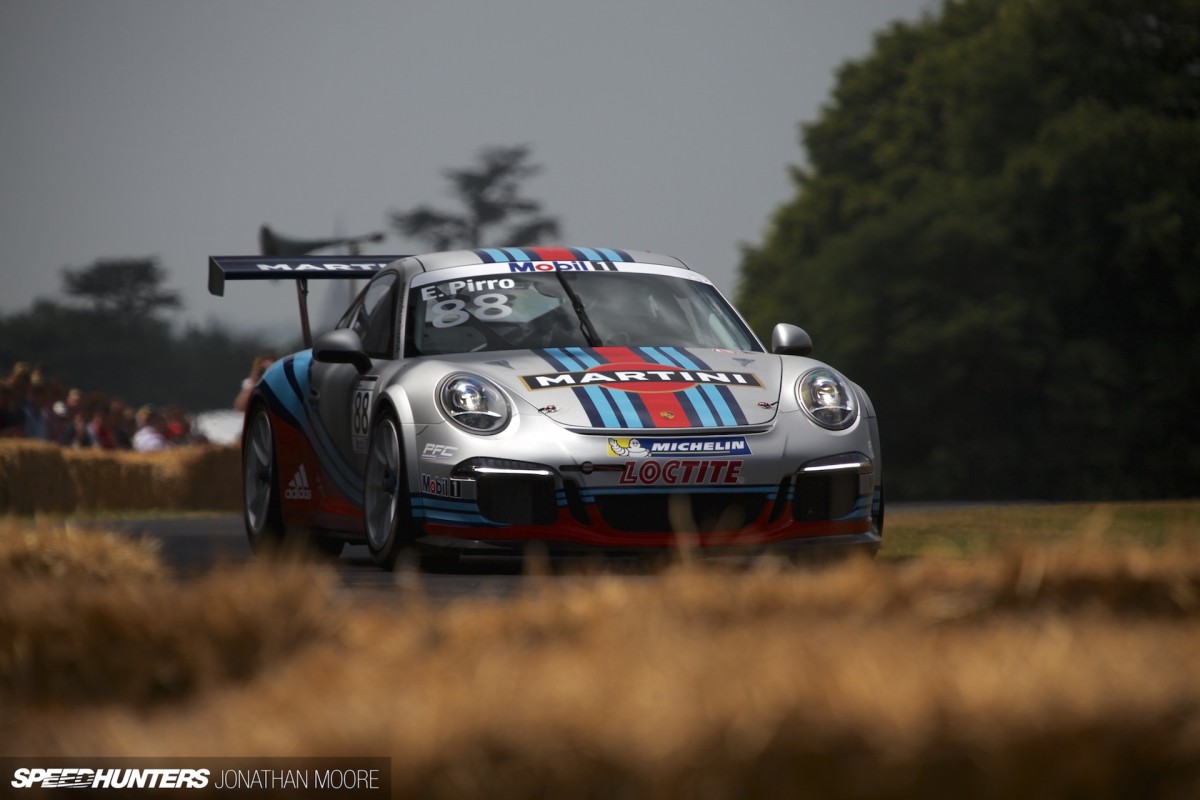
Factory built race Porsche 911s – whether 911 GT3 Cup, GT3 R, or RSR – were traditionally Porsche production-based racecar, particularly in terms of suspension. The new 991 911 RSR’s front suspension is fundamentally different than the road-going version now. Was the suspension configuration necessary to make the 911 competitive at that level of GT racing? Should the production car feature a wishbone front suspension as well? What are the implications for the future of both race Porsches and road going versions?
Wolfgang Hatz: Race cars and road cars have always been members of one family at Porsche. That does not mean they have to be identical twins. The most important thing for our customers and for us is that our race cars are competitive on any track and our road cars are fit for the road and fit for the track. There are many instances where the development of both race cars and road cars allowed technology transfers in both directions. And that is the way we like to keep it for the future.

If you had to choose just one all-around car to drive – from commuting to autobahn to track to going out to dinner and long drives, what will it be?
Wolfgang Hatz: 911 Turbo S.
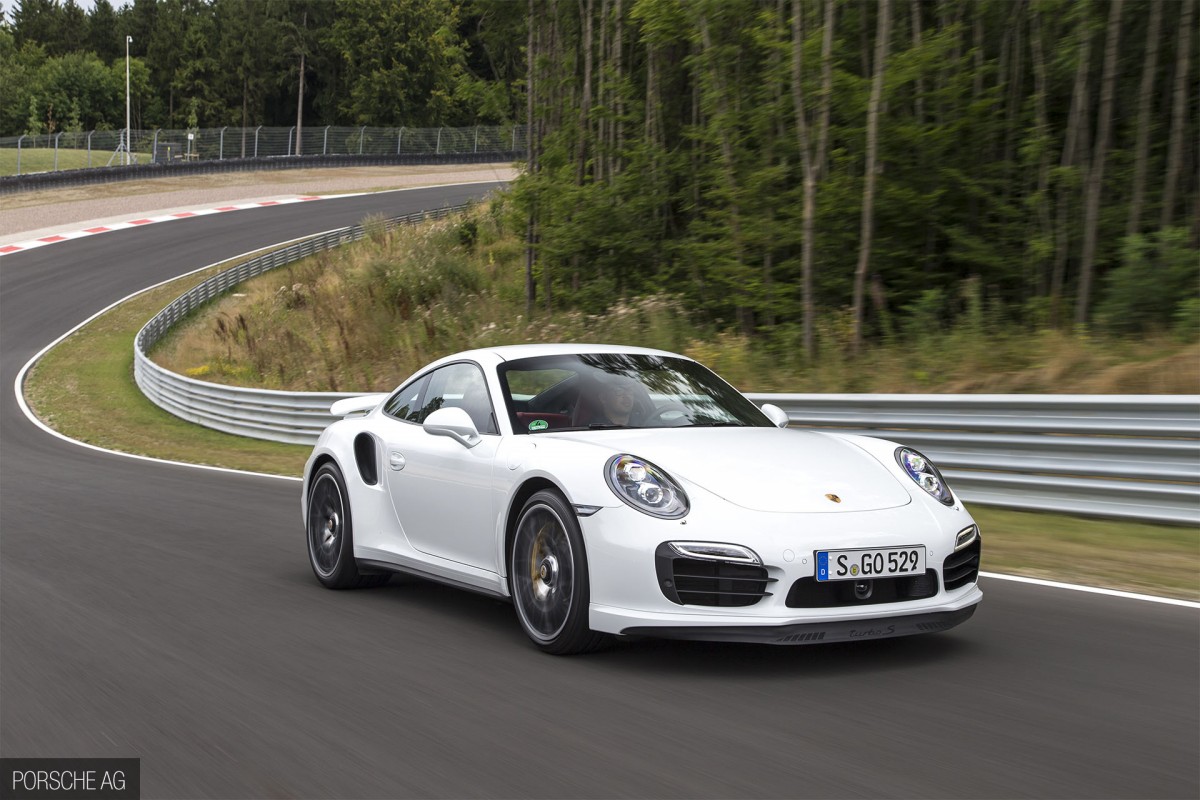
What is your daily driver and what is in your garage?
Wolfgang Hatz: 911 Turbo S.
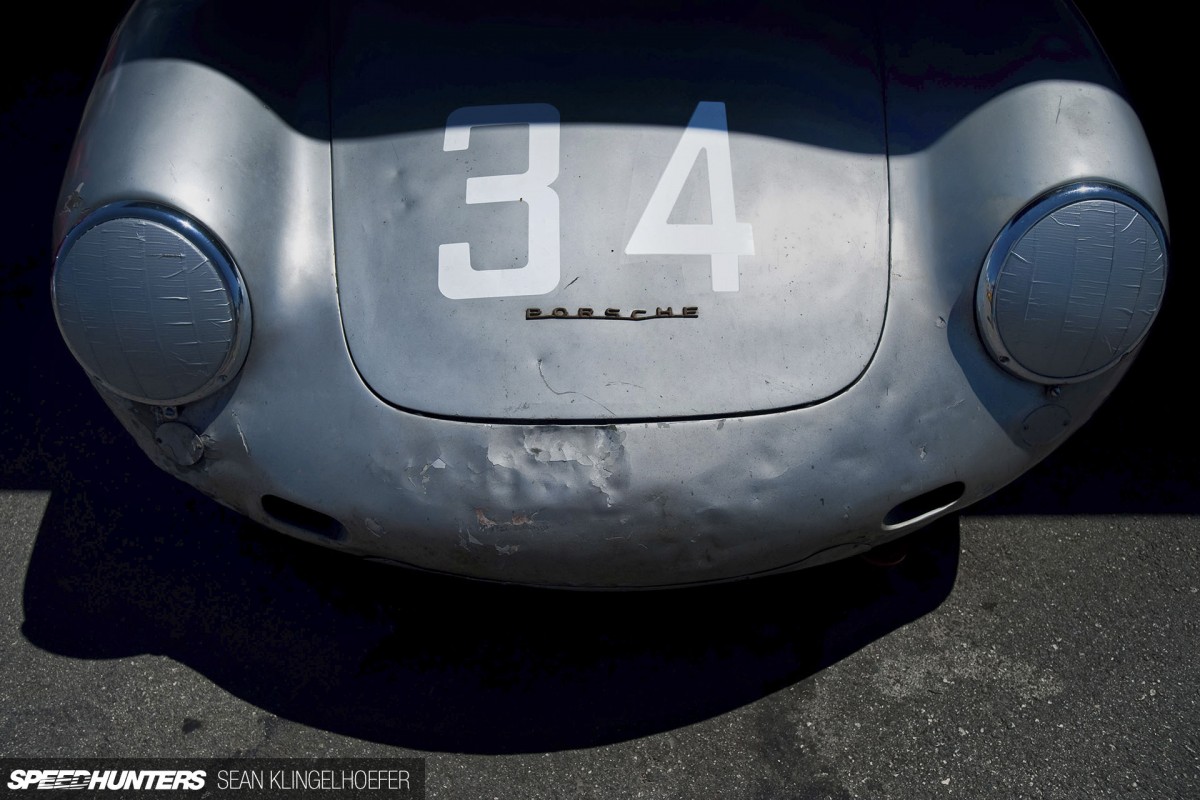
With over a hundred years of combustion engine R&D, how do you continue to come up with improvements? What does the future internal combustion engine hold? Do you believe hydrogen fuel cells will ever become a viable replacement for internal combustion? Do you have any novel approaches to combustion that you have explored or wanted to explore
Wolfgang Hatz: I am quite optimistic we will find further improvements in combustion itself as well as in the reduction of friction all along the drive train. For the next five to ten years, Plug-in Hybrids look more promising to me than fuel cells.
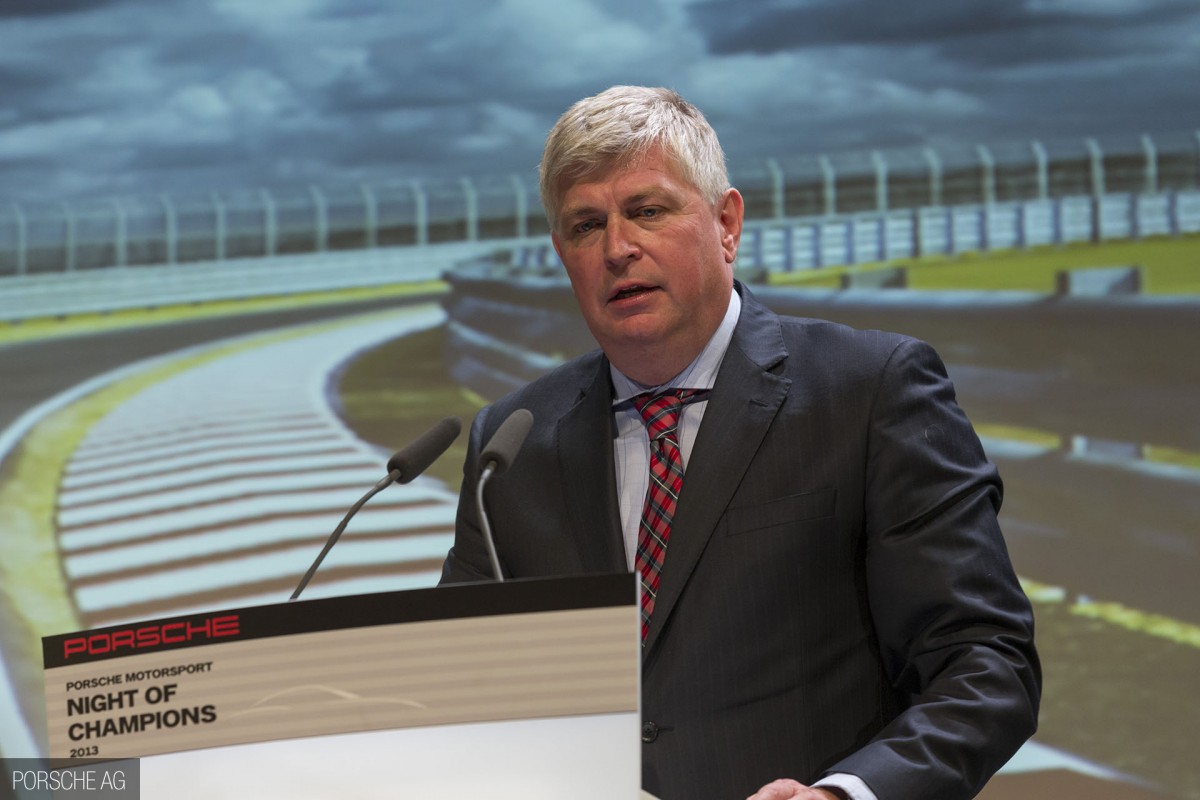
What is your proudest automotive related accomplishment?
Wolfgang Hatz: Ask me again when I have retired.
A very special thanks to Wolfgang and Silke Hatz for making this article possible.
Story Produced by Elizabeth White
elizabeth@speedhunters.com
IG: @itswhitenoise
Intro Text by Brad Lord
brad@speedhunters.com
Additional Photos by Jonathan Moore, Sean Klingelhoefer and Porsche AG
More Porsche related stories on Speedhunters
More Ask The Expert stories on Speedhunters






Such an excellent read from the questions posed by all of us Speedhunters folk. But what is really awesome are his answers - so complete and open and genuine. A big compliment to Speedhunters to be able to make that happen. I know It will be relevant for a long time inside and outside of the Speedhunters realm. I suspect looking back in a few years this article will be a classic!! Well done!!
No one asked why the current gt3 isn't offered with a manual gearbox!?
So stoked that my question got answered. As for the future of automotive industry - Koenigsegg is developing something interesting. Might be the next big thing... or not. We'll see.
You thinking the camless engine with electronic valves? Or the Hybrid systems that seem to be 100% better than anything out there at the moment?
lol he totally dodged the wishbone question. It's crazy that a production 911 that costs over $150,000 has a less advanced front suspension than a Ford Crown Victoria.
I couldn't help reading Wolfgang's answers in a Schwarzenegger-like accent.
SeanStott First, he did answer the wishbone question. Second, the difference between Ford Crown Victoria suspension and any European cars are huge. Also, the difference between any European cars and a Porsche or a Ferrari are also quite big. You pay the fine tuning and the know-how, not a revolutionary set-up.
At last, we have the answers. Glad he answered mine.
@JamesH ...or he didn't want to answer that question
greenroadster You forgot to add, the huge markups.
greenroadster SeanStott
I'm the one who asked the question regarding the wishbone suspension. What you see above is a condensed version of my question. To add some additional context, what I asked was, "why does the 991 911 RSR have a wishbone front suspension and the road-going version does not?" but what I meant was, "how is this not a huge problem?" I disagree with SeanStott that the road-going 911 is inferior because it has a seemingly lower tech suspension suspension configuration. Heck, if we want to look at it that way, virtually everything about the 911 is low tech compared to its competitors, at least on paper. After all, it's just a unibody car. Despite its lower tech configuration, it has always been a world beater. It's the living embodiment of how German engineers can make something great, not because they start with the best ingredients, but because they take decent ingredients and make them work harmoniously. The whole mission statement of the 911 is to do things unconventionally and still beat the other guy. "Oh, Ferrari needs an aluminum space frame, uber high-tech engine, and an advanced suspension configuration to be fast? That's cool. We'll beat them with a car whose frame is no more sophisticated than a Honda Accord, and it has its engine in the wrong spot."
So the concern I have about the fact that the racing 911 being so different from the road-going 911 is twofold:
1) I worry because it's fundamentally un-Porsche-like. It dials back the 911's "knife to a gun fight" charm. Character is the 911s best attribute. I hate to see that altered. Seeing the 911 RSR using wishbone suspension is, to me, like finding out that your favorite athlete got caught using steroids.
2) I worry because I hate seeing production based racing cars slowly morph into something altogether different that their production-car selves. The ALMS/ FIA (with the exception of the Rahal Letterman BMWs, which I have a similar problem with) GT2 and GT3 cars have always been essentially tuner cars. Sure, they were mostly works cars that were modified by billion dollar car makers, but they have always been modified versions of factory cars, with all of the inherent advantages and disadvantages of their road-going selves baked in. To change so radically a major component of the car, bumps the Porsche into a different level of modification; a different class, if you will. When the BMW was so heavily altered, it was because it couldn't compete naturally. They had to move the transmission to the back, remove major portions of the frame that were not allowed under the rules for the other cars, have the suspension completely changed, etc. The M3 was simply outclassed in every way. To me, the answer was obvious: it should have never raced in the ALMS GT2 if it couldn't be competitive by utilizing the same degree of modification. Does the fact that the 911 is now being altered so significantly imply the same thing; that it's in over its head racing in that class? That's a sobering thought.
I think the problem is that the competition is getting better and better. Porsche, historically, was always able to take a simple formula, refine and fine tune it, and win because everyone else lacked a degree of refinement. But as Ferrari, Audi, GM, and others have gotten better, Porsche is now having to take drastic steps to stay relevant on the race track, but to the point that, I fear, they are turing too far away from the road car. I think that all of this casts a dark shadow on the relevance of the road car's configuration. It sort of says, "Yeah, we can make it seem like the Mac strut setup is sufficient, but when really put through its paces we have to conform or get left behind."
For what it's worth, I don't feel like Mr. Hatz dodged the question at all. I am very humbled and grateful that he responded, especially considering that it was such a loaded question. I just wish the answers were different. Further, I say all of this not to dog on Porsche. I love Porsche as a brand. I'm just disheartened by the idea of the race car having to make such a drastic departure from the road car to stay relevant when the competition largely does not have to do so.
greenroadster SeanStott That doesn't change the fact that you can get a double wishbone setup on a Toyota Tacoma, Ford Crown Victoria, Honda Accord.... yet you get a Macpherson Strut on a 911 that is the same idea as a Ford Focus, a Chevy Malibu, et al.
Sure, maybe it has a more advanced adjustable setup. Doesn't change the fact that on a track it will have a poorer-performing camber curve than a Toyota Tacoma.
What is your all time favorite car (Porsche or otherwise) and why?
Wolfgang Hatz: 911 Carrera RS 3.8 (964) – because I developed it
Life... You're doing it right.
SeanStott greenroadster Don't forget our little 25 year old Miata with double wishbones front and back
SeanStott greenroadster
You clearly don;t understand the reasons for the suspension designs on Tacomas and Crown VIcs. They are full frame vehicles.They use dino-tech wishbones for packaging purposes, not so your Taco can carve canyons. they have a terrible camber curve due to short, uneven length wishbones. The structure that would need to be added to the frame of one of those vehicles in order to run a Mac strut would be massive, so they resort to the simplest, high unsprung weight solution.
Calling a Macpherson strut older technology than double wishbone is incorrect. The majority of the masss-produced consumer cars that you cite choose their suspension systems based on cost, safety, and comfort.
Check out an M3s front suspension (Macpherson) and start thinking about real technical reasons for utilizing different suspension systems.
yotafan SeanStott greenroadster Sounds an awful lot to me like hand waving and sour grapes.
A 90s Civic has a better front suspension than a 911.
There's nothing controversial about that statement.
It's not about a particular component, it's about the sum of the parts. That's true engineering
He did not answer my question: Can we have a part 2 or was this the only question he answered?
FYI- My question was...
Dear Mr Hatz,
In motorsport, the current energy recovery/generation systems are dependent on excessive heat (exhaust), heavy braking, or high speeds on fly wheels.
How will these technologies be implemented on road cars that are not designed to run with these dependencies? Are their other efficient recovery/generation systems that are not dependent on excessive heat, heavy braking or the high speeds on fly wheels?